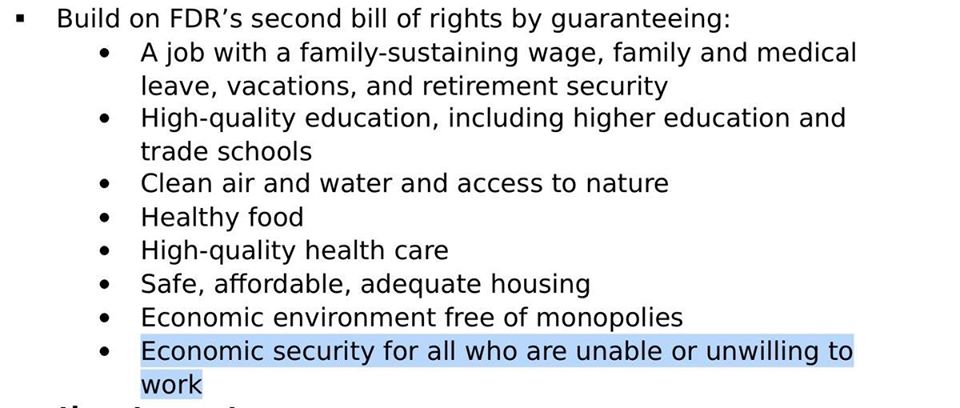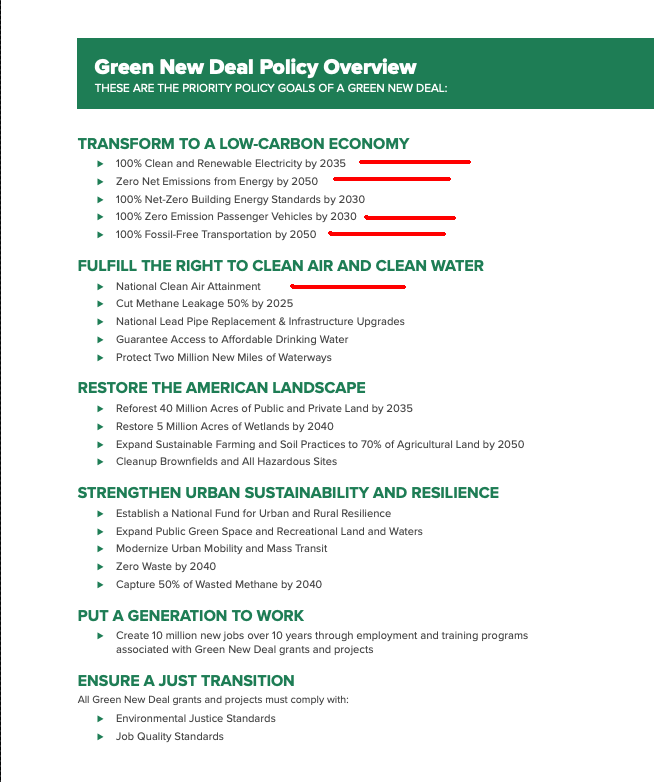But those lines blur when you are outside elections. In reality, plenty of Democrats accept food science and while Republicans are more likely to deny apocalypse claims about climate change, they recycle and conserve energy no differently than environmentalists on the left. On a recent survey, 77 percent of right-wing survey voters say climate change is important to them, and among independents that number is 90 percent.
Given the need to appeal to the middle, the 12 percent of voters who are not picking a candidate based on the D or the R after their name, the people who determine elections, it was only a matter of change before those lines in science moved. California caused vaccine denial in America to resurge but then California passed a law to force wealthy elites on the coast to get their kids vaccinated. We did that, but it took 10 years of pressure on the California legislature.
That is why it was only a matter of time before the GOP rolled out its own emissions reductions plan; it's smart politics. Science facts, like that the Clean Power Plan struck down by the Supreme Court as unconstitutional, was never needed because the private sector reduced emissions by 2017 to what the CPP would have mandated by 2025, are lost in the noise created by environmental groups and their allied journalists.
So now the GOP has its own version of green policy, but without the socialist weirdness:

And without the magical belief in existing solutions.

Instead, the Republican plan is so grounded in reality it will get derision. Why listen to a politician who says we can get cleaner over time without trashing the economy when another politician says we can do everything right now, and give people free stuff, and the only ones penalized will be the evil 1%?
The Republicans tout a plan that will create carbon-free energy from nuclear and hydropower, but environmentalists hate both of those, which means the New York Times and Bloomberg and Mother Jones are going to quote Sierra Club or some other group with no expertise saying those are unfeasible. The GOP plan gives oil companies a tax credit for carbon capture efforts but activists are in a war of extinction against oil companies, they are not going to concede that is a very smart way to encourage lower emissions - because it is not a subsidy, it is a credit on taxes. And they throw in their own cosmic claims about a trillion trees.
But it is a psychological difference. Republican Leader Kevin McCarthy is advocating conservation and free market innovation versus the Democratic approach of penalties for oil companies and subsidies for winners the government chooses.
Will it work? Critics will charge that it won't sway any Democrats but so what? We know small business people are not voting Democrat and we know that environmentalists are not voting Republican. We know that 44 percent of each side are not voting for the other party no matter what the policies are. But for the 12 percent who don't vote based on political party it may mean a lot, and those are the people who decide winners and losers.




Comments